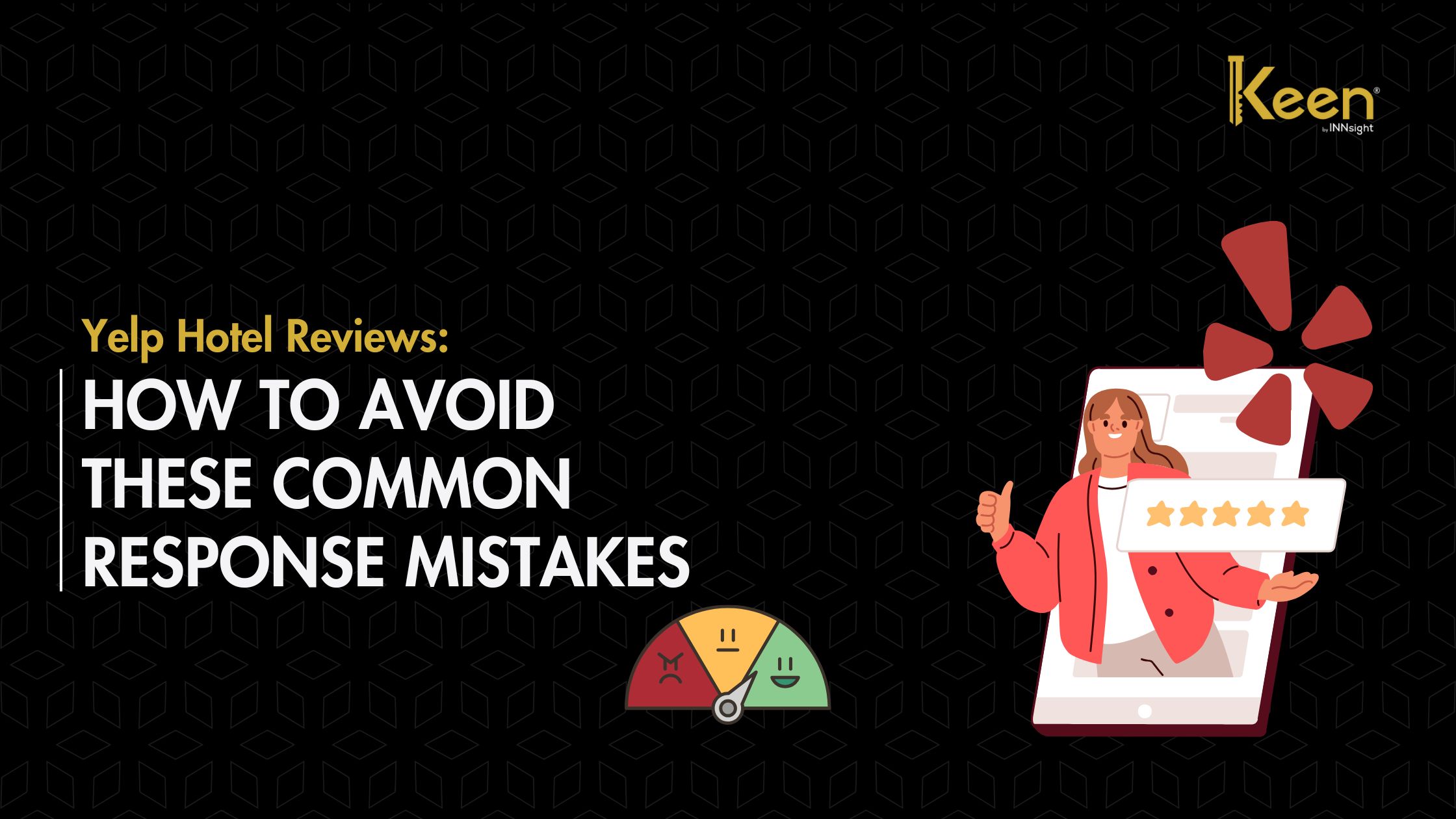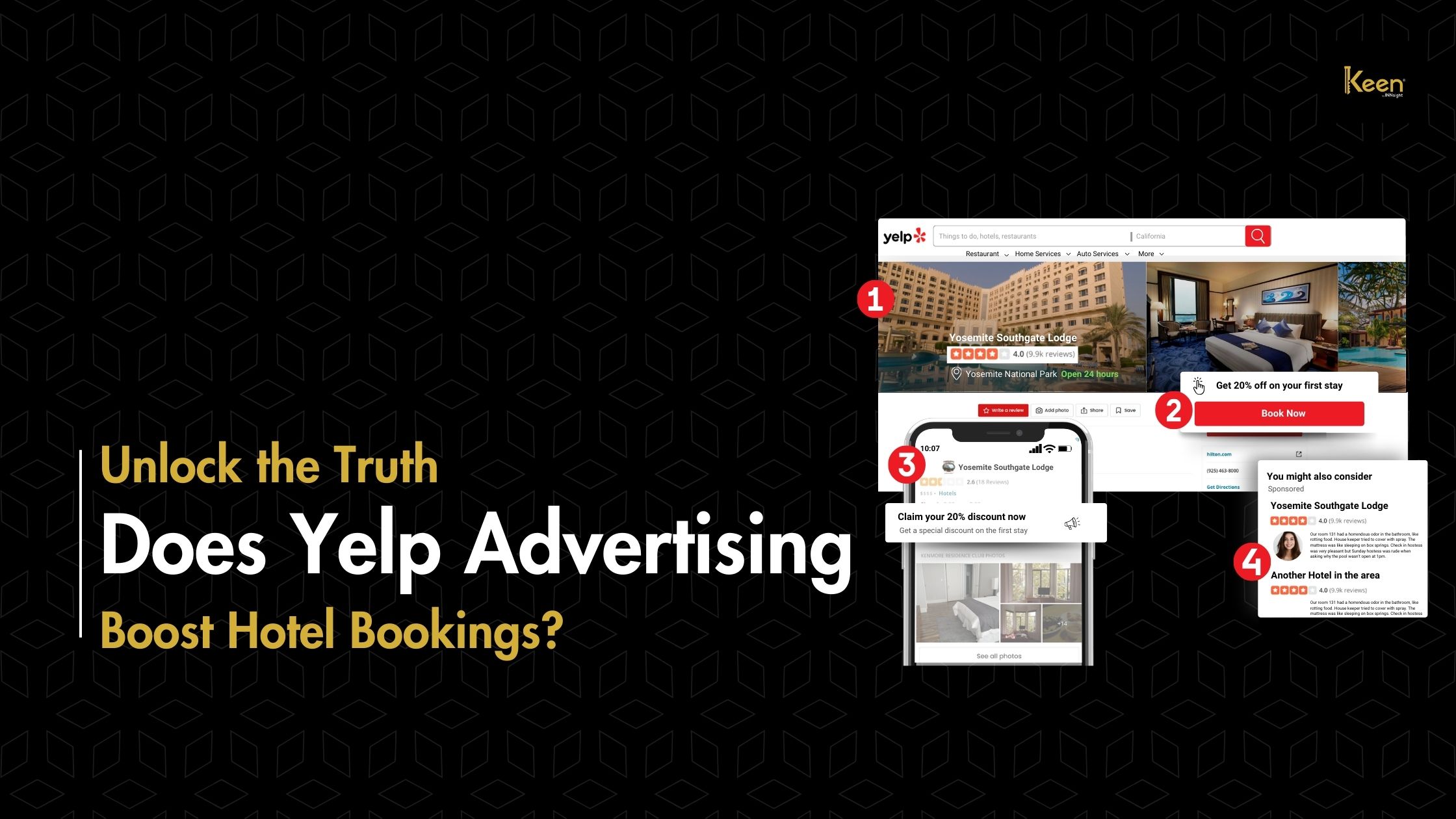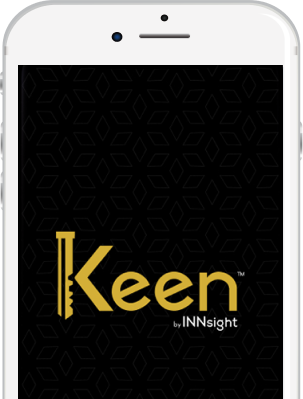Effective hotel reputation management is vital for attracting guests, increasing revenue, and building a positive brand image.
This article will guide you with 12 tips to improve hotel reputation management, including responding to all reviews, collecting more reviews, addressing guest concerns, and leveraging Online Reputation Management tools.
Discover how to improve your hotel's online reputation and drive success continuously.
Hotel reputation management means actively monitoring and responding to guest reviews across various online platforms. This includes responding quickly and professionally to every guest, addressing negative comments immediately, and enhancing reputation online!
Hotels can attract more guests and increase revenue and success by smartly managing their online reputation.
Effective reputation management directly impacts the hotel's revenue and success. Nowadays, online users almost always rely on online reviews when finding ideal accommodations. In these scenarios, hotels must maintain their reputation.
One negative review can influence the user's decision, while positive reviews and ratings may greatly affect bringing more traffic and revenue to the hotel!
This blog will discuss 12 effective hotel reputation management tips every hotel should implement.

Yes, you heard it right! No matter if the review is positive or negative, ensure you respond to each one!
Responding to positive reviews demonstrates that you value your guests. It helps build a strong relationship with your guests. Always thank them for leaving a review.
This encourages guests to book again on your property! You highlight hotels’ amenities and services when you respond to reviews. So you are marketing your hotel at no extra costs!
Also, do not forget to respond to negative reviews. It shows the hotel’s commitment to guest satisfaction and gratification.
Never defend yourself, but offer solutions to your guests' issues during their stay. Be empathetic!
Tell your guests how you will rectify mistakes and improve their future stays, which will help increase the footfall at your hotel.
| More Reviews = Better Ranking = More Bookings |
You can rank on OTAs for the particular region if you have more reviews than other hotels in the same area. Ensure you collect more reviews on a daily basis.
Deploy different methods to collect more reviews and ratings from your guests. One of the most effective ways is to send them post-stay emails asking for feedback.
Thank them for choosing your hotel, and provide them with feedback links for quick reviews. Many hotels request feedback at the time of checkout at the front desk!
Incentives, offers, thank-you gifts, etc., are some effective ways to ensure the collection of future guest reviews.

It is important to understand your guest's issues. Know and work towards improving in those areas.
Although, your guests will not wait until you make those improvements. They are more likely to voice their concerns online. This may greatly tarnish your brand image.
To avoid this, communicate with your guests while they are on your property. Once they check out, they will put negative reviews online.
Communication is the most personalized experience you can offer to your guests. When hotel staff talks to guests about their experiences and feedback, they feel valued. You will improve your brand image and authenticity as well with such practices.
Talk to your guests, apologize to them in case of any inconvenience, and ensure that such scenarios will not happen again.
This way, you can save yourself from getting negative reviews online.
Hospitality is a competitive industry. When responding to reviews, you must act quickly. Negative reviews can occasionally be faked or written out of irritation. It's critical to act quickly in these circumstances. If not, you risk losing clients because of that erroneous review!
Some OTAs, like Expedia, rank hotels that respond quickly! Your rank on Expedia will be affected depending on the time you take to respond and the number of reviews you have responded to.

Decide a timeframe in which you want to respond to your reviews. You must respond in 24 to 48 hours, not more than that.
Quick review responses give you an edge by showcasing your responsiveness and willingness to engage with guests.

If your services and products don't meet guests' expectations, they will leave negative feedback. Improving these service qualities is the first step to building a good reputation.
Even if your hotel does not fall under a luxurious category, constantly check on these basic attributes that make any hotel ideal and improve hotel reputation continuously.
Having a response protocol in place for guest reviews is essential for effective hotel reputation management.
Having a response protocol is crucial when addressing reviews because it ensures consistency, professionalism, and customer satisfaction.
It allows businesses to handle positive feedback with gratitude, address negative comments promptly and effectively, and maintain a positive brand image.
A response protocol also ensures that all team members are aligned in their approach, preventing misunderstandings and maintaining a cohesive brand voice.
The tone of the response should be:
While responding on the OTA platforms, adhering to their writing guidelines is important. Suppose a hotel fails to do the same. In that case, they will face consequences such as removal of responses, temporary or permanent termination, bad impact on ranking and visibility, etc.
Suppose you continue to violate the platform’s guidelines. In that case, they may remove your responses, resulting in delayed reactions and hence a bad impact on ranking and visibility on that particular platform.
Here are the guidelines provided by a few OTA platforms.

Take negative reviews as a guide to improve hotel reputation in the areas you currently lack. Listen and understand your guest’s pain points and consider how to improve your reputation.
If the guest has only left a rating, contact them to know exactly where you went wrong. This shows your commitment to excellence and improvement.
Let your guests know that their feedback is considered and that necessary changes will be made for their future stays. This shows that their opinions are valued.
Focus on training your staff regularly. Set up a reward system for employees to encourage them to work harder and offer quality services.
Altogether, this will enhance the guest experience and hence the online reputation.

In today’s techno-savvy world, influencer marketing has a great scope. Audiences see and trust what they see online. Influencers usually share genuine experiences, which is why the audience relies on them to purchase.
Identify which influencer would be useful for your hotel and collaborate with them, keeping your budgets in mind.
Offer them free stays, offers, or other payment options to collaborate.
Remember to collaborate with influencers who genuinely align with your brand values and ensure their content is authentic and transparent.
By leveraging the reach and influence of trusted influencers, you can enhance your hotel's online reputation, increase brand awareness, and attract new customers.

Hotels may have listed themselves on various OTA platforms. Managing reputation across all these platforms is crucial but can become difficult.
In these cases, Online Reputation Management tool for hotels come handy. With these, you can monitor your reviews across all OTAs on a centralized dashboard to get a comprehensive idea of how well you perform on these platforms.
Online Reputation Management tool for hotels like KEEN help you professionally streamline and handle the reputation management process.
The most important feature of KEEN is it provides you with numerous reputation analytics reports, such as element analysis, review frequency, reviews breakdown based on various factors, channel summary, and so on.
These reports can help you set your goals, compare with the competitors, and set a benchmark for your performance.
Regularly analyze your performance and guest feedback. You can track your reputation management based on aspects such as:
Your work isn't done here. Online reputation management is an ongoing process, and it should be routine if you want to see effective results.
It requires constant monitoring, analysis, and improvement. Hotels should focus on all aspects, including enhanced guest experience, quality service and products, effective communication, and a smart online reputation management system.
All these departments go hand in hand; you cannot simply ignore any one of them. Fill the gaps in these processes as and when required. Train your employees, keep track of new trends, and improve hotel reputation continuously!
Effective hotel reputation management is crucial for the success of your hotel. It impacts your revenue, brand image, and guest satisfaction.
You can improve your online reputation by implementing the 12 hotel reputation management tips discussed in this article, such as responding to all reviews, collecting more reviews, addressing guest concerns in real-time, and enhancing the guest experience.
Having a response protocol, speeding up review responses, and leveraging Online Reputation Management tools are also important. Remember, Online Reputation Management is a continuous process that requires regular analysis, improvement, and adaptation to guest feedback.
By prioritizing online reputation management, you can attract more guests, increase bookings, and build a strong and positive reputation for your hotel.
 Related Blogs
Related Blogs



 Related Blogs
Related Blogs


If you want our team to help you achieve your marketing goals and drive more direct revenue, contact us today!
This website uses cookies to deliver our services and to show you relevant inventory, property details, and rates for . By using our website, you acknowledge that you have read and understand our Cookie Policy, Privacy Policy, and our Terms of Service. Your use of 's services, including the booking of online reservations, is subject to these policies and terms.

 4
4
These Cookies are strictly necessary to provide you with services available through our websites and to use some of its features, such as access to secure areas and to book accommodations.
Cookie Name: Apache
Description: Logging Visitor IP for legal / operational purposes
Party: First-party (INNsight)
Expiration: Session
Data Type: Session Identifier
Cookie Name: PHPSESSID
Description: Session data (login/application state)
Party: First-party (INNsight)
Expiration: Session
Data Type: Session Identifier
Cookie Name: ci_session
Description: Session data (login/application state)
Party: First-party (INNsight)
Expiration: Session
Data Type: Session Identifier
These Cookies are used to enhance the performance and functionality of our websites but are non-essential to their use. However, without these Cookies, certain functionality (like videos) may become unavailable.

 6
6
These Cookies collect information that is used either in aggregate form to help us understand how our websites are being used or how effective our marketing campaigns are, or to help us customize our websites for you.
Cookie Name: _ga
Description: Google Analytics website stats
Party: Third-party (Google Analytics)
Expiration: Not specified
Data Type: Analytics identifier
Cookie Name: _gid
Description: Session data (login/application state)
Party: First-party (INNsight)
Expiration: Session
Data Type: Analytics identifier
Cookie Name: gat_gtag_[ID]
Description: Google Analytics tracking events
Party: Third-party (Google Analytics)
Expiration: Not specified
Data Type: Tracking identifier
Cookie Name: __utma / __utmb / __utmc / __utmt / __utmz
Description: Google Analytics legacy tracking
Party: Third-party (Google Analytics)
Expiration: Not specified
Data Type: Analytics tracking data
Cookie Name: _ga / _gid / gid / apnid / cid / _dc_gtm_[ID] / dc-adv / tapid / optimizelySegments / optimizelyBuckets / optimizelyEndUserId / _mkto_trk
Description: Sojern advertising/remarketing
Party: Sojern advertising/remarketing
Expiration: Not specified
Data Type: Advertising identifiers
Cookie Name: anj / uuid2
Description: AppNexus ad targeting cookies
Party: Third-party (AppNexus)
Expiration: Not specified
Data Type: Advertising identifiers

 2
2
These Cookies are used to make advertising messages more relevant to you. They perform functions like preventing the same ad from continuously reappearing, ensuring that ads are properly displayed for advertisers, and in some cases selecting advertisements that are based on your interests.
Cookie Name: IDE / DSID / 1P_JAR
Description: Google DoubleClick advertising
Party:Third-party (Google/DoubleClick)
Expiration: Not specified
Data Type: Advertising identifiers
Cookie Name: __sonar
Description: DoubleClick advertising/targeting
Party:Third-party (Google/DoubleClick)
Expiration: Not specified
Data Type: Advertising data

 2
2
These Cookies are used to enable you to share pages and content that you find interesting on our websites through third-party social networking and other websites. These Cookies may also be used for advertising purposes, too.
Cookie Name: loc / mus / na_tc / ouid / uid / uvc / __atuvc / __atuvs / km_ai / km_lv / km_vs / kvcd / _gid
Description: AddThis social sharing cookies
Party:Third-party (AddThis)
Expiration: Not specified
Data Type: Sharing/usage identifiers
Cookie Name: __sharethis_cookie_test__ / __unam
Description:ShareThis sharing/tracking
Party:Third-party (ShareThis)
Expiration: Not specified
Data Type: Share tracking IDs
What Are Cookies?
Cookies are small data files that are placed on your computer or mobile device when you visit a website. Cookies are widely used by website owners in order to make their websites work, or to work more efficiently, as well as to provide reporting information.
Cookies set by the website owner are called “first party cookies.” cookies set by parties other than the website owner are called “third party cookies.” Third party Cookies enable third party features or functionality to be provided on or through the website (e.g. like advertising, interactive content, analytics, etc….). The parties that set these third party Cookies can recognize your computer both when it visits the website in question and also when it visits certain other websites.
Why Do We Use Cookies?
We use first and third party Cookies for several reasons. Some Cookies are required for technical reasons in order for our websites to operate, and we refer to these as “strictly essential” or "strictly necessary” Cookies. Other Cookies also enable us to track and target the interests of our users to enhance the experience on our website. Third parties serve Cookies through our website for advertising, analytics, and other purposes.
The law states that we can store cookies on your device without prior consent for strictly essential or strictly necessary cookies. For all other types of cookies we need your permission. You can at any time accept, reject, or change the cookie settings on this website at any time by clicking on the cookie settings link.



